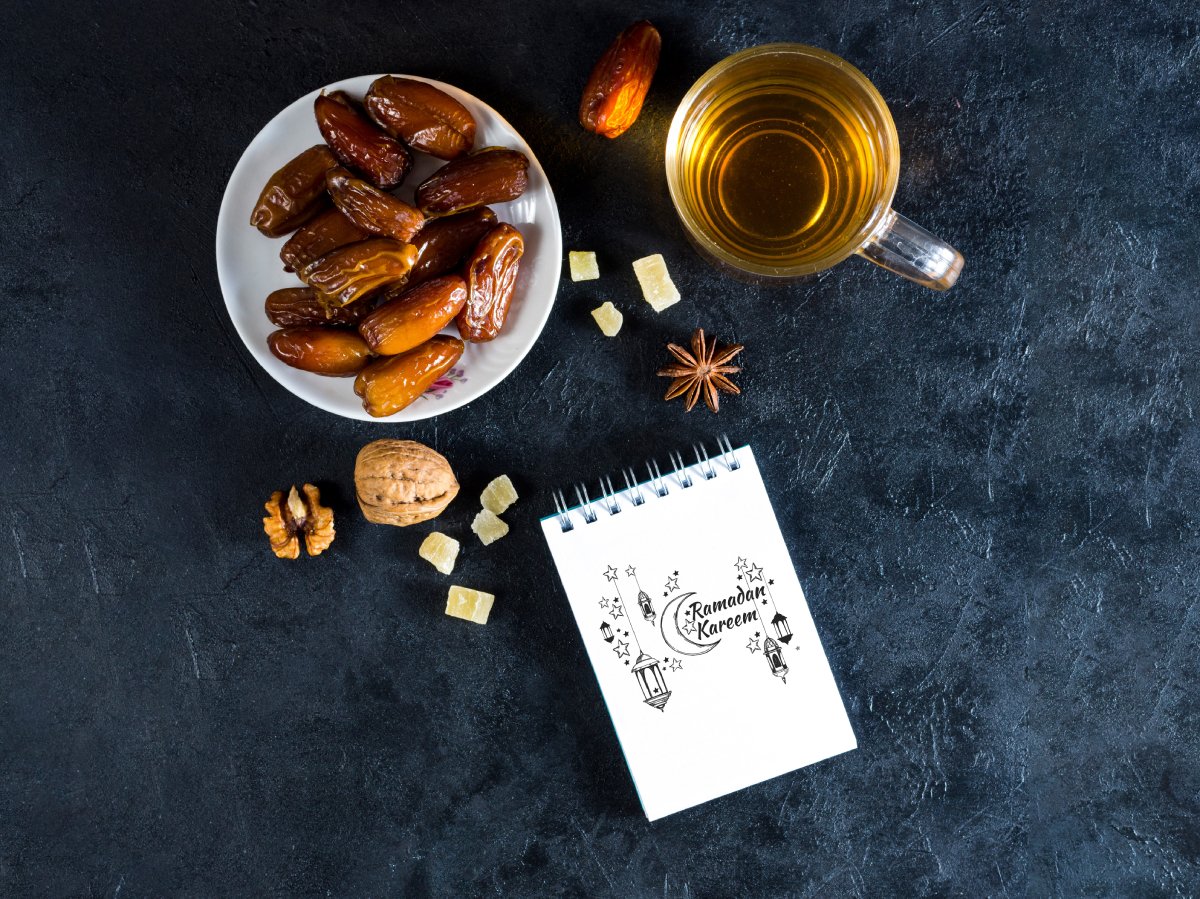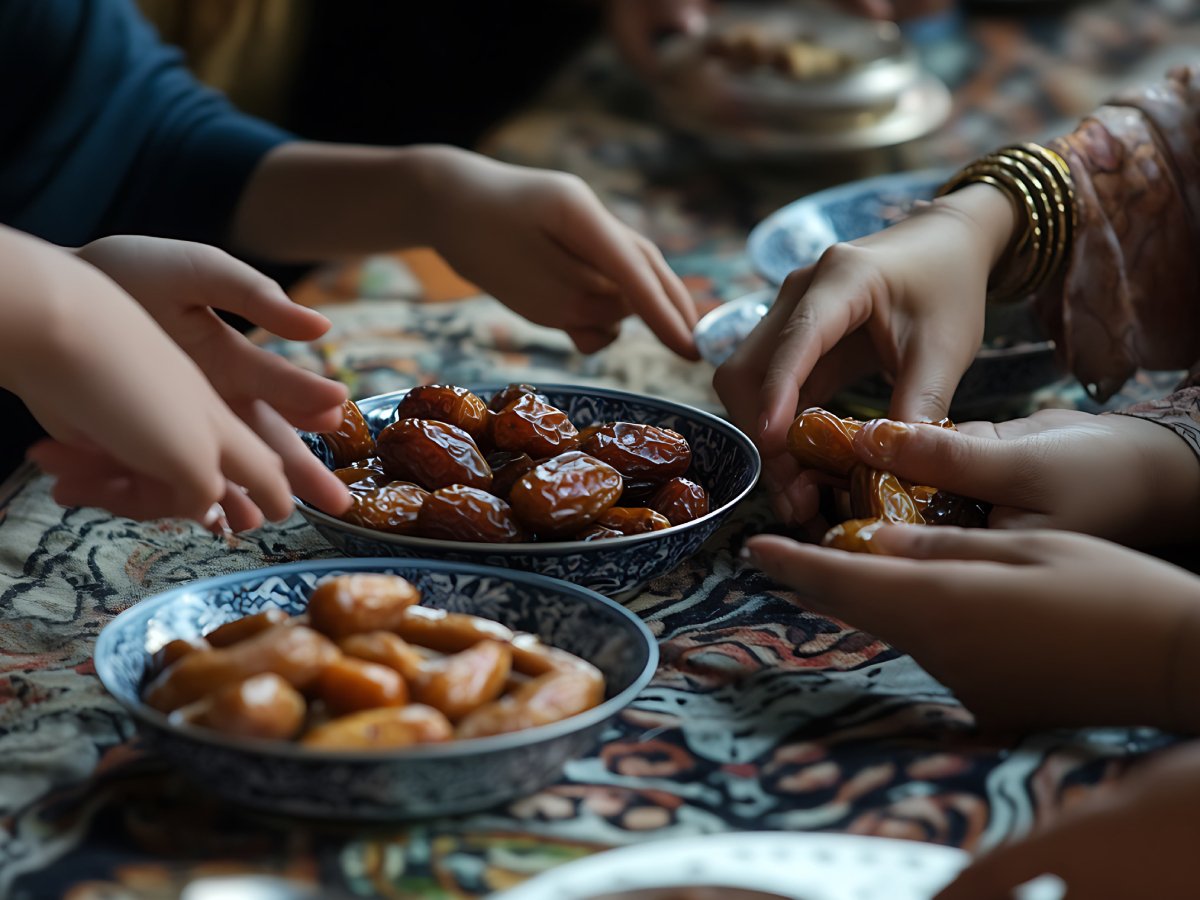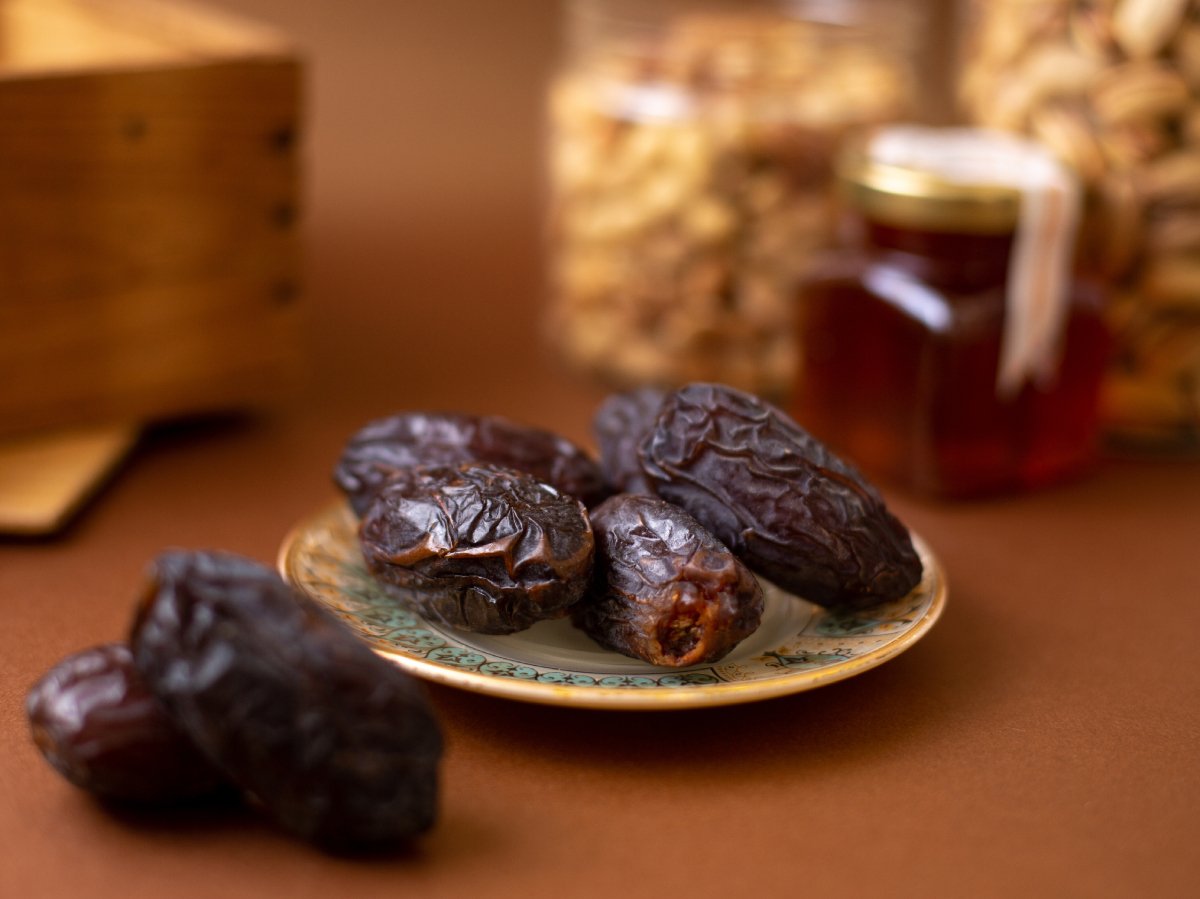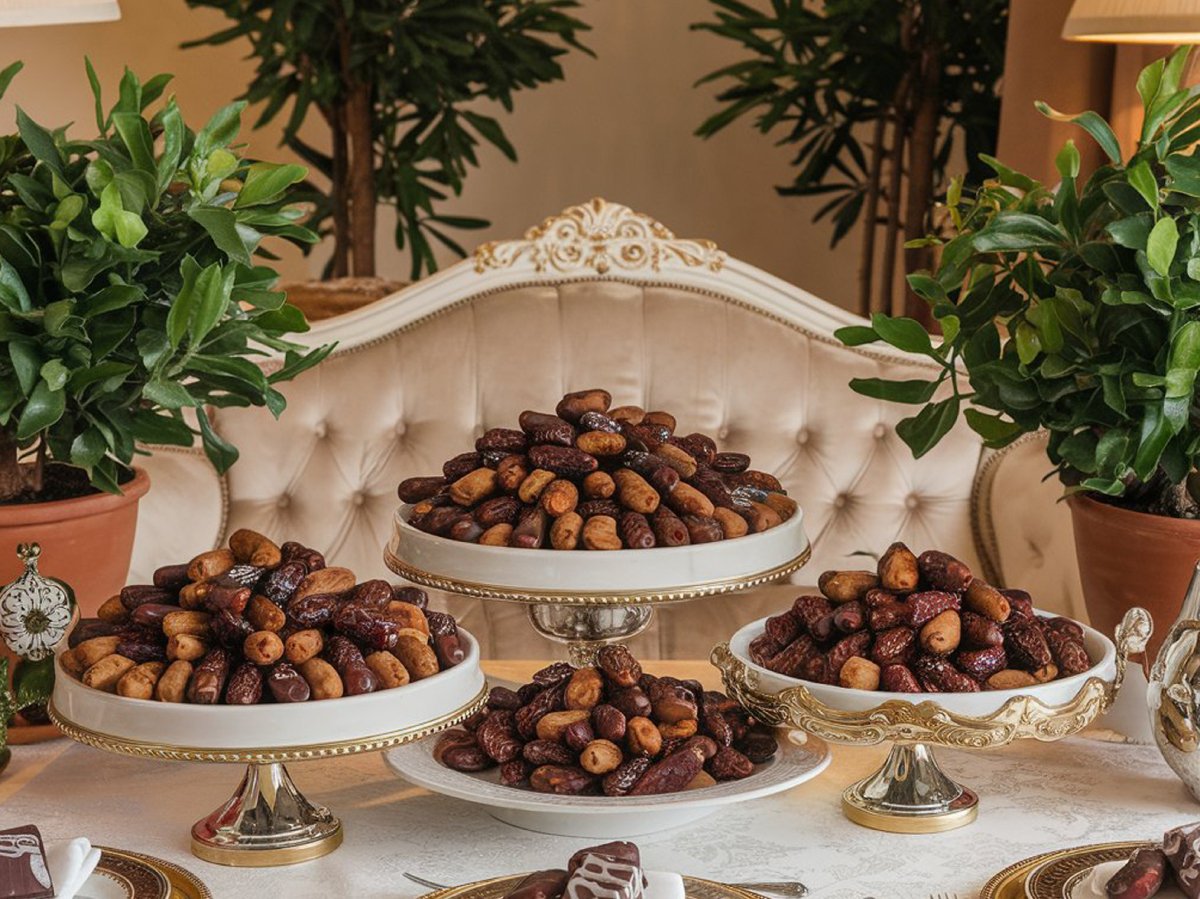Everything You Need to Know About Raw vs. Roasted Nuts
Ramadan is a time of spiritual reflection, self-discipline, and community. As millions of Muslims across the globe fast from dawn till dusk, one key element that is cherished during this sacred month is the humble date. Dates have held deep significance in Islamic culture and tradition, not only for their spiritual importance but also for their health benefits, especially during the holy month of Ramadan.

The Tradition of Breaking the Fast with Dates
The tradition of breaking the fast with dates traces back to the teachings of Prophet Muhammad (PBUH), who is said to have broken his fast with fresh dates and water. This practice is not only a symbol of following the Sunnah but also carries several health benefits, making dates the ideal food to consume after a day of fasting.
When fasting from food and water for an extended period, our bodies often experience weakness and fatigue. Dates, with their natural sugars, provide an instant source of energy, helping to restore your energy levels. This is especially important after a long day of fasting when your body craves replenishment.

In fact, dates are mentioned 22 times in the Quran, underscoring their importance in Islamic tradition. The Quran speaks of dates as a source of nourishment and blessings, highlighting their significance not only in spirituality but also in promoting health and well-being.
One of the most notable references to dates can be found in Surah Maryam (19:23-26), when Maryam (Mary) is instructed to “shake the trunk of this palm tree,” from which dates would fall to nourish her after childbirth. This verse exemplifies the vital role of dates in providing nourishment and energy, even in times of great physical strain.
Dates are naturally sweet, providing a quick and healthy burst of energy after a long day. This makes them the perfect first food to eat when Iftar begins. In fact, breaking your fast with dates helps balance blood sugar levels, providing a healthy source of glucose to recharge your body.
The Nutritional Power of Dates
Dates are more than just a delicious, sweet treat. They are a nutritional powerhouse packed with essential vitamins, minerals, fiber, and natural sugars. Rich in potassium, magnesium, and iron, dates help maintain heart health, regulate blood pressure, and improve digestion — all vital for a fasting body.

Health Benefits of Dates During Ramadan:
- Instant Energy Boost: Dates are rich in simple sugars like glucose, fructose, and sucrose. These sugars are easily absorbed by the body and provide an immediate energy boost, making them ideal for breaking your fast after a day of hunger.
- Rich in Fiber: Dates are also high in dietary fiber, which aids digestion and helps prevent constipation, a common concern during Ramadan.
- Hydration Support: Dates contain a high amount of water, helping to replenish the fluids lost during the day of fasting. This also helps in maintaining hydration levels, especially when eaten with water.
- Good for the Heart: The potassium and magnesium in dates contribute to maintaining a healthy heart and proper muscle function, which is crucial when you’re fasting.
Dates in Modern Iftar Traditions
In modern-day Ramadan celebrations, dates are enjoyed in many different forms. They can be consumed on their own, stuffed with nuts or cheese, or blended into smoothies and desserts. Dates are also often included in savory dishes, from salads to stews, showcasing their versatility in the kitchen.

For a unique twist, try stuffed dates with almonds or pistachios, offering a combination of sweet and savory flavors. You can also incorporate dates into your favorite desserts like date and walnut energy balls or a date syrup drizzle over pancakes.
Conclusion: The Timeless Significance of Dates
Incorporating dates into your Iftar isn’t just about following a religious tradition; it’s about nourishing your body with nature’s goodness. Their deep-rooted significance during Ramadan serves as a reminder of the importance of health, spirituality, and mindfulness. This Ramadan, honor the tradition, embrace the health benefits, and enjoy the rich, natural sweetness of dates as part of your daily Iftar ritual.


